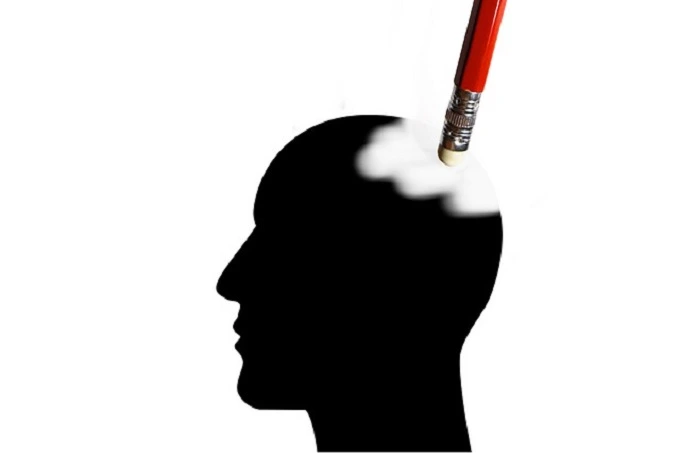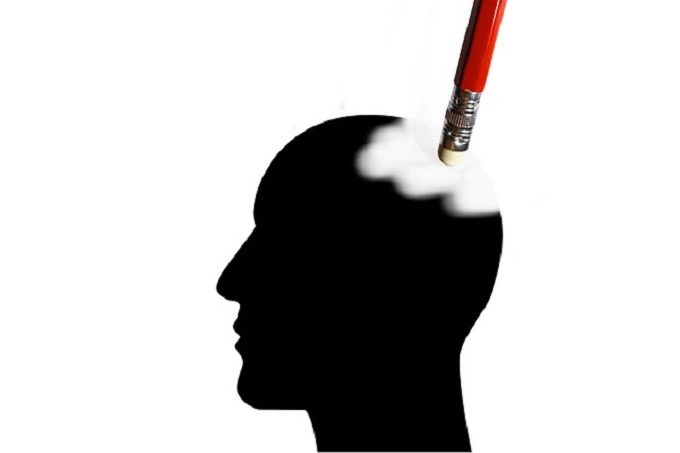Why can’t I remember things that just happened:6 reasons why memory sometimes fails us

It sometimes occurs that you want to share a wonderful story from your life, but you can’t remember anything related to it at all. Alternatively, you may have entirely forgotten what you should have purchased at the shop. There are several causes of memory loss and forgetfulness. You will learn the reason behind this from the information given in this article.
6 reasons why memory sometimes fails us
1. As a result of a misattribution

Arousal misattribution is a psychological concept that explains why people often draw incorrect conclusions about the nature of their sensations and the causes behind them. It is defined as follows: They associate emotions and memories with random external perceptions that may or may not have anything to do with the reality of their surroundings.
For example, we may believe we recall events that did not really take place. Alternatively, we remember true facts and actions but link them with the incorrect time or location of events. Sometimes, misattribution leads us to attribute a random picture or idea to our imagination, despite having already seen it in literature or overheard someone else mention it in conversation.
Deja vu is the most common kind of misattribution event that we’ve all had, and it’s also the most strange.
When we retain knowledge in our memory, our brain cannot do it with total accuracy. There are too many factors to consider. Thus, we recall the broad strokes of what occurred and some of the intricate points, depending on how noticeable they were at the time.
As time passes, we tend to lose sight of the intricate points. Memory binding combines the general essence of a particular moment of events with the specific details that make up that moment. It is often the cause of incorrect attribution mistakes. We forget either the big things, such as where we were and when we were there, or the minor things that make a difference, such as what we were wearing, what we purchased at the shop, or which bus we took home from work.
Another kind of misattribution is something known as cryptomnesia. It’s the polar opposite of the feeling of déjà vu. It occurs when we see something in a fresh light, even though we have already witnessed it.
Accidental plagiarism may be the consequence of cryptomnesia, a kind of memory loss. For example, we are disappointed when we produce music and believe it to be original, only to discover that a renowned musician has previously utilized it.
2. As a result of interference
According to the interference theory, forgetfulness is caused by multiple memories interfering with one another. The greater the similarity between two or more events, the greater the likelihood of interference between them.
It is difficult to recall a working day that occurred a week ago since our memory contains recollections of many previous days that are comparable to the one we are trying to remember. However, some experiences will stand out in our minds, and we will recall them in-depth and with precision. Typical examples might be your wedding, the birth of a kid, or any other days that are different from the norm.
As well as the sequencing effect, which refers to the tendency to remember the first and last items in a list, interference has been shown to have a role in many other cognitive processes. Our impression is that the first and final things we recorded are far more original than the middle. This makes it much simpler for us to recall the information.
3. Because of prejudices
Even the most accurate memory cannot shield us from the effects of prejudice. Our view of events is filtered by our beliefs, experiences, knowledge, and even our attitude when remembering the memory, among other factors. As a result, for one individual, an awkward circumstance may seem to be a humorous episode from life, while for another, the same event would be considered a disgrace that one wishes to forget.

4. Due to the speed
Many important events in one’s life are lost to time due to the transience of memory. This is especially true if we do not recollect facts regularly. When we look back on anything, we recall the essence of what occurred. Less vivid and memorable incidents, on the other hand, are soon forgotten.
Transience may get us into a lot of difficulties at times. The fact that someone may forget a person’s name quickly after hearing it can be confirmed by anybody who has ever done so.
When it comes to remembering anything particular and unaltered, writing it down as correctly and promptly as possible is a straightforward solution. In this manner, we may make our memories more distinctive. Associating and connecting what you wish to remember to something else you already know is another method of remembering.
5. As a result of blocking
A circumstance in which the appropriate words are whirling around on your tongue, but you cannot remember them must have occurred to you at least once in your life. This is possibly the most simple example of a memory lock.
Often, blocking is a kind of memory that is extremely comparable to what you need. This memory is in competition with the one you are seeking and prevents you from remembering the correct information. With increasing age, the occurrence of blockage increases. However, the good news is that we always seem to remember what we need sooner or later.

6. As a result of the distraction
Lack of attention is a process that stops information from being effectively absorbed in our memory since certain factors are disregarded while we are distracted. Its causes include impairments in one’s capacity to focus and engage in concentrated activities. As a result of this, we often misplace our keys, forget what we were supposed to be doing, or struggle to locate the glasses that we have on our heads. This is because we are preoccupied and do not give it the proper attention it deserves at the time of the deed.
Many older people are faced with the realization that they are losing things due to cognitive loss in the brain. It becomes more difficult for them to focus and pay attention to a variety of activities occurring around them simultaneously. If an older person picks up the phone and hears the sound of a boiling kettle, he or she should put the phone down and set the kettle down. And, when returning from the kitchen, he has no memory of where he placed it.




